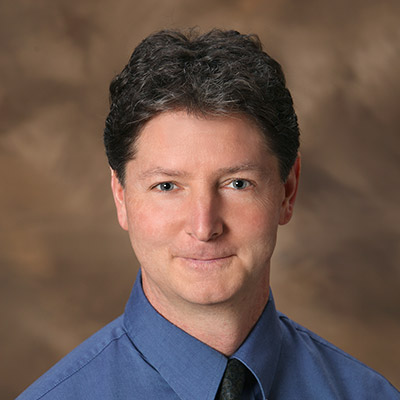Characterization of oral and cloacal microbial communities in cold-stunned Kemp’s ridley sea turtles (Lepidochelys kempii) during the time course of rehabilitation
By Kerry L. McNally, Charles J. Innis, Adam Kennedy, Jennifer L. Bowen
Originally published in PLOS ONE in May 2021

Abstract
Microbial communities of animals play a role in health and disease, including immunocompromised conditions. In the northeastern United States, cold-stunning events often cause endangered Kemp’s ridley turtles (Lepidochelys kempii) to become stranded on beaches in autumn. These sea turtles are admitted to rehabilitation facilities when rescued alive and are presumed immunocompromised secondary to hypothermia. To better understand the role that microbes play in the health of cold-stunned sea turtles, we characterized the oral and cloacal microbiome from Kemp’s ridley turtles at multiple timepoints during rehabilitation, from admission to pre-release, by using Illumina sequencing to analyze the 16S rRNA gene. Microbial communities were distinct between body sites and among turtles that survived and those that died. We found that clinical parameters such as presence of pneumonia or values for various blood analytes did not correlate with oral or cloacal microbial community composition. We also investigated the effect of antibiotics on the microbiome during rehabilitation and prior to release and found that the type of antibiotic altered the microbial community composition, yet overall taxonomic diversity remained the same. The microbiome of cold-stunned Kemp’s ridley turtles gradually changed through the course of rehabilitation with environment, antibiotics, and disease status all playing a role in those changes and ultimately the release status of the turtles.
Full Text


